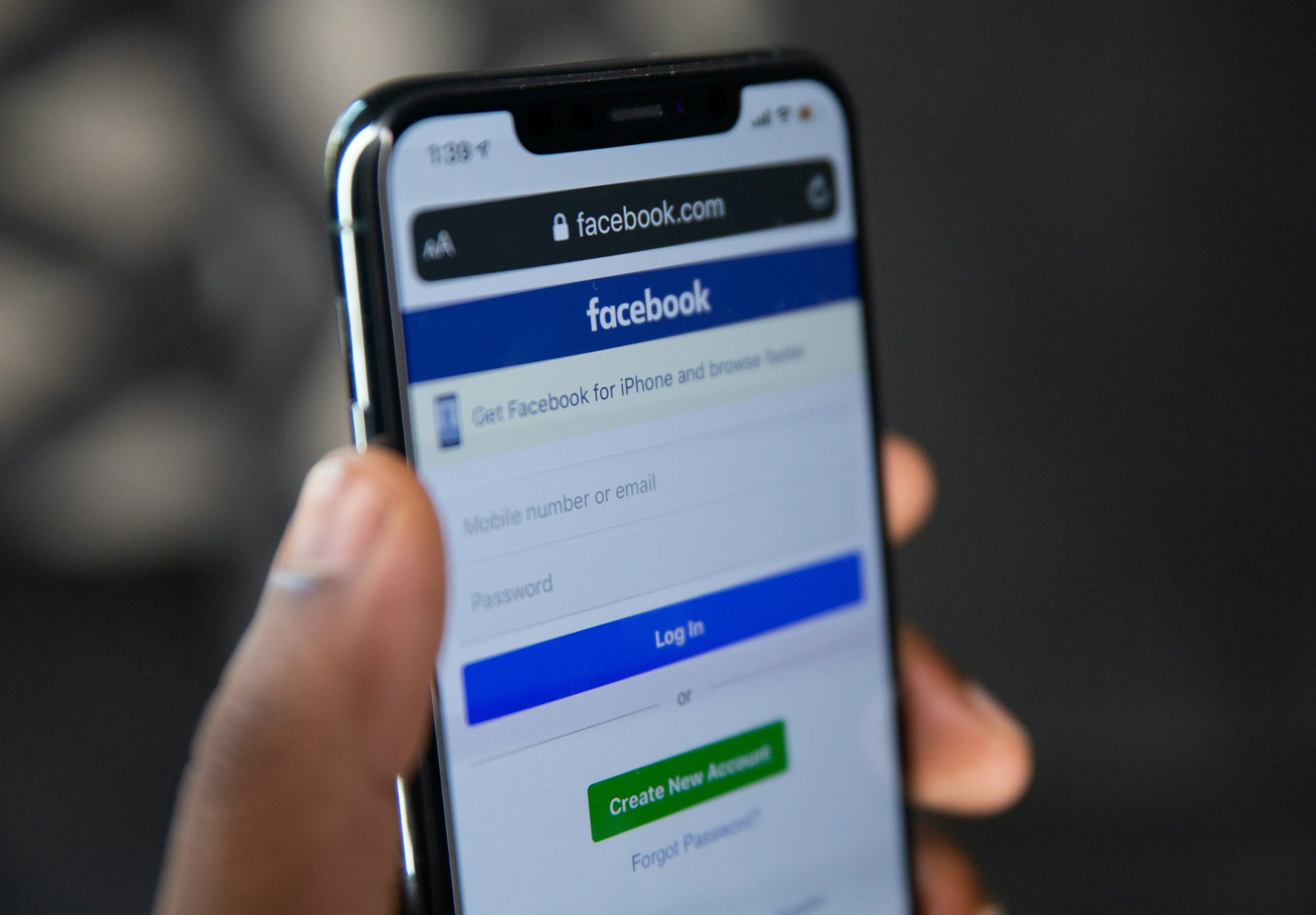Deleting the Facebook app from your phone can feel like a big decision, especially if you’re a regular user. However, many people consider it to reduce screen time, save storage space, or improve privacy. While deleting the app does remove its presence from your device, it doesn’t have as many long-term impacts as you might think. Here’s a breakdown of what happens when you delete the Facebook app from your phone and how it affects your account, notifications, data, and device performance.

1. Your Facebook Account Remains Active
Deleting the Facebook app from your phone does not delete your Facebook account. The app is simply one way to access Facebook; your account, friends list, photos, and messages remain untouched. You can still access your Facebook account through a web browser on your phone or computer. Deleting the app only removes its presence from your device, so you won’t receive app notifications or be able to use it directly from your home screen.
If you ever want to reinstall the app, you can do so from your app store and log back in to access your account as usual.
2. You’ll Stop Receiving Notifications
Deleting the Facebook app also means you will no longer receive push notifications for new messages, friend requests, comments, or other Facebook activities. For some, this is a relief, as it can reduce distractions and encourage more focused time away from social media. However, if you still want notifications, you can enable them in a web browser by logging into Facebook on your mobile browser and adjusting your browser settings.
Alternatively, you could reinstall the app and customize your notification settings to only get essential alerts rather than the frequent notifications Facebook tends to send.
3. Your Photos and Data are Safe
Many people worry that deleting the Facebook app might erase photos or data they’ve uploaded to Facebook. However, all your posts, photos, and other content are stored on Facebook’s servers, not on the app itself. Removing the app will not delete any of your data. Everything you’ve shared on Facebook remains safe and accessible when you log in again, either through a browser or if you reinstall the app in the future.
4. Your Device Might Perform Better
One of the most immediate effects of deleting the Facebook app is improved device performance. The Facebook app is known for being resource-intensive and consuming considerable storage, memory, and battery life. By deleting it, you might notice that your phone’s battery lasts longer, and there’s more storage space available. Additionally, because the app regularly updates in the background, removing it can reduce data usage, which is beneficial if you’re on a limited data plan.
If you want to use Facebook without the app, consider accessing it through a mobile browser. This option provides access to the platform without the added demands on your phone’s resources.
5. Increased Privacy
The Facebook app has permissions that allow it to track various activities on your phone, including location, app usage, and browsing habits. By removing the app, you reduce Facebook’s direct access to this data, which may provide a slight increase in your overall privacy.
Deleting the Facebook app from your phone can lead to reduced distractions, better device performance, and even improved privacy. However, it won’t affect your account or data, which remain safely stored on Facebook’s servers. Whether you’re looking to take a break from social media, save phone resources, or just reduce notifications, deleting the Facebook app offers a straightforward way to step back without completely disconnecting from the platform.









